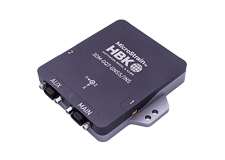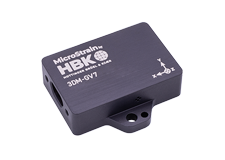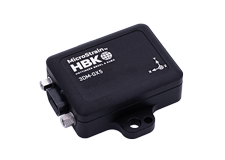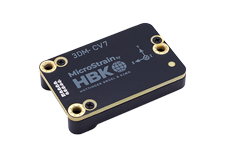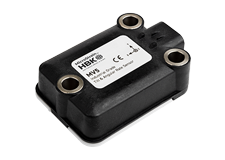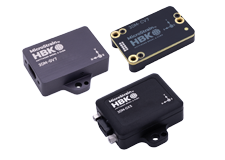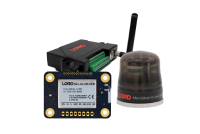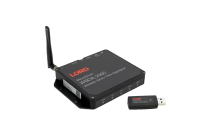Recent
-
-
Introducing Version 4.0.0 of the MicroStrain ROS Driver
Jan 29, 2024 /
-
-
-
Enhancing Vision-Based Robots with IMUs
Dec 19, 2023 /
-
-
-
MicroStrain to Join the HBK Family
Sep 18, 2023 /
-
-
-
Four Ways to Improve Your IMU Performance
Jun 30, 2023 /
-
Benefits of a GNSS/INS over a pure GNSS Navigation System
- By david.robbins /
- Published Thu, 11/19/2020 - 10:13

A common challenge in selecting a navigation device is deciding between a traditional GNSS positioning system, or a combined GNSS/inertial navigation system. A GNSS/INS offers several benefits over a pure GNSS receiver, although they generally come with an increase in cost, size and system complexity. The following are the main benefits for using a GNSS/INS, such as the 3DMGQ7.
- Data output rates: Most GNSS receivers can output position data at relatively low rates, generally in the 5-20Hz range. An INS can rapidly integrate inertial data, which allows for an increase in data output rate. In the 3DMGQ7, the Extended Kalman Filter outputs a navigation solution at a maximum rate of 1000Hz. In applications with high rate control loops or highly dynamic motion, data output rate is critical for performance.
- Attitude data: A traditional GNSS system only has the ability to output position and velocity data. With the addition of inertial sensors, an INS adds pitch, roll and yaw to the navigation solution. In many navigation applications, such as legged robotics, quadcopters and aircraft, attitude data is required for balance and stabilization.
- GNSS outages: Finally, one of the greatest benefits of an INS is the ability to operate in GNSS denied environments. Without satellite coverage and a clear view of the sky, a GNSS system quickly loses the ability to estimate position. The following figure shows a comparison between the 3DMGQ7 INS position (red) and pure GNSS position (blue) while going through a set of tunnels. The GNSS solution quickly starts to diverge from the traveled path, while the INS solution tracks the road perfectly.
Read Article
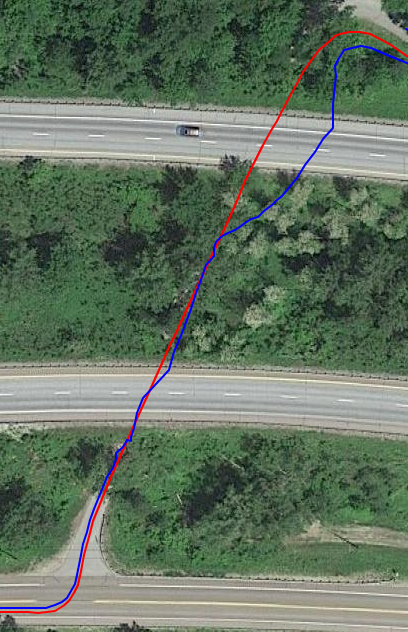
Learn about the benefits of a GNSS/INS, and how our newest all-in-one navigation system can bring the benefits of an inertial navigation system to your application.
Featured products
3DMGQ7 GNSS/INS & 3DMRTKRelated Documents
GNSS Outage Test ReportThanks for subscribing!
SIGN UP
Get updated when new All Blogs Blog articles are posted.
